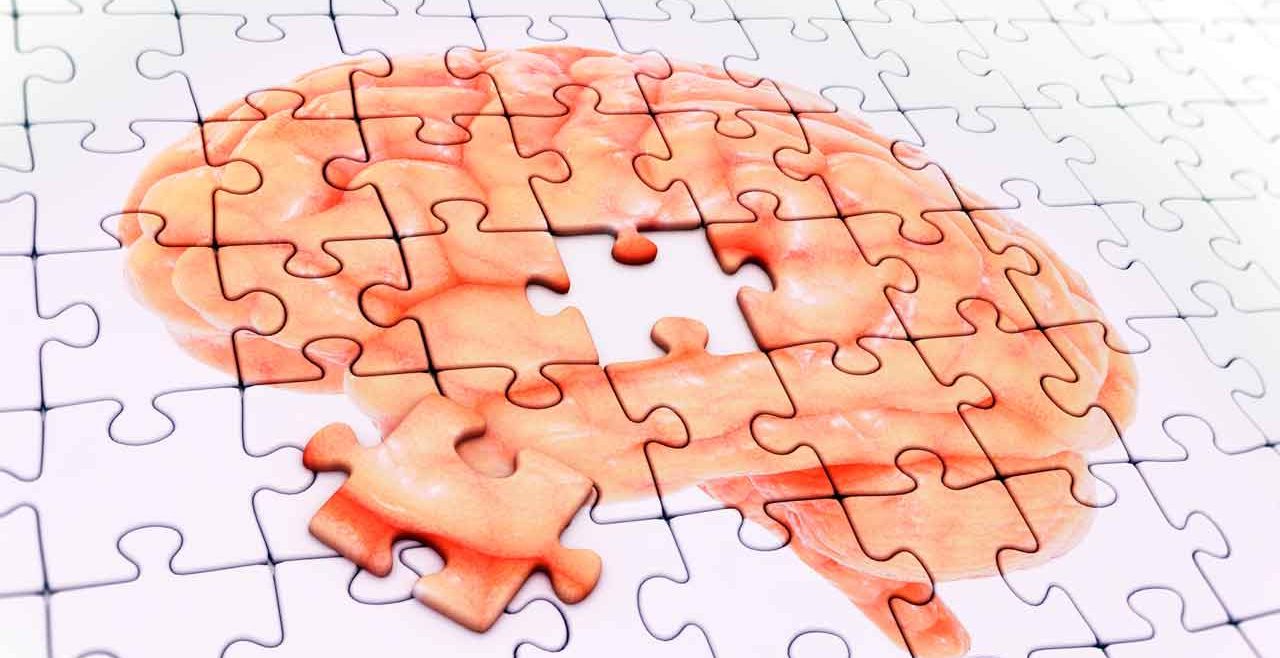What Is the Difference Between Dementia and Alzheimer’s?

The difference between dementia and Alzheimer’s: Are problems with memory and thinking and trouble remembering conversations the same thing?
The short answer to the question “What is the difference between dementia and Alzheimer’s?” is that Alzheimer’s disease is the most common kind of dementia, a term that covers symptoms caused by several illnesses. From half to 70 percent of all cases are caused by Alzheimer’s. About 10 percent of all dementia cases arise when the brain is damaged by a blocked blood vessel or bleeding in the brain. Although dementia is very common in late life, it is not inevitable as we age.
So what are the symptoms of dementia? It comes down to problems with memory, thinking, and social abilities severe enough to interfere with daily life. The early symptoms of dementia can be mild — you might have trouble keeping track of time or tend to get lost even in familiar places. Over time, you become more forgetful and confused. You might have more trouble remembering names and faces. You might ask the same questions over and over.
People with Alzheimer’s have trouble remembering recent events or conversations. They may become apathetic, depressed, disoriented, show poor judgement and, in the advanced stages, have trouble speaking, swallowing, or walking.
YOU MIGHT ALSO LIKE: How to Keep People with Dementia from Wandering
Any brain injury — including strokes and tumors — can damage the brain and affect memory. Other illnesses that can cause dementia are Parkinson’s or Huntington’s, which each damage a set of distinct brain cells. Lewy body dementia (LBD) is a disease that changes the brain in another way. Wernicke-Korsakoff syndrome can be caused by abusing alcohol. An infectious illness like HIV can cause dementia, though we don’t yet know how the brain damage occurs. Severe depression and chronic drug use can cause memory loss that interferes with daily life. Also, a person can have “mixed dementia,” with symptoms arising from two or more causes. Alzheimer's and vascular dementia are the most likely combination.
The symptoms of dementia overlap between the various causes. The symptomatic difference between dementia and Alzheimer's, and other neurological problems, helps doctors make the diagnosis. People with LBD, for example, often have visual hallucinations, difficulties with balance, and sleep disturbances early in the illness. Parkinson’s or Huntington’s disease patients show the classic symptoms of tremors and other involuntary movements in the early stages.
Can dementia be treated? It depends upon the cause. Dementia can even be reversible if the cause is drug abuse, a brain tumor, or treatable depression. Current treatments for Alzheimer’s can slow the progress of the disease but not stop it. They include medication to treat symptoms. Donepezil (Aricept) can be used at all stages. Doctors prescribe rivastigmine (Exelon) and galantamine (Razadyne) for mild-to-moderate Alzheimer's. The Food and Drug Administration approved memantine (Namenda) to treat moderate to severe Alzheimer’s symptoms.
On average, people with Alzheimer's live an average of eight years after their symptoms become noticeable to others. Some die earlier, and others can live another 20 years.
It’s easy to become worried if you have dementia in the family and you notice memory loss in yourself or a loved one. For a brief test, download the "Self-Administered Gerocognitive Exam," take it, and bring the results to your primary care doctor.
Updated:
August 14, 2017
Reviewed By:
Christopher Nystuen, MD, MBA